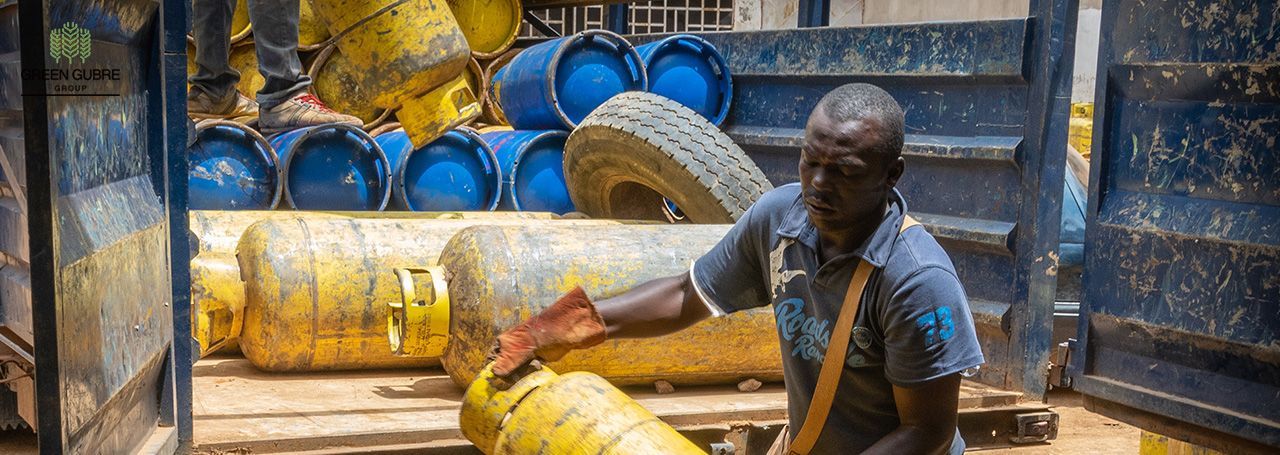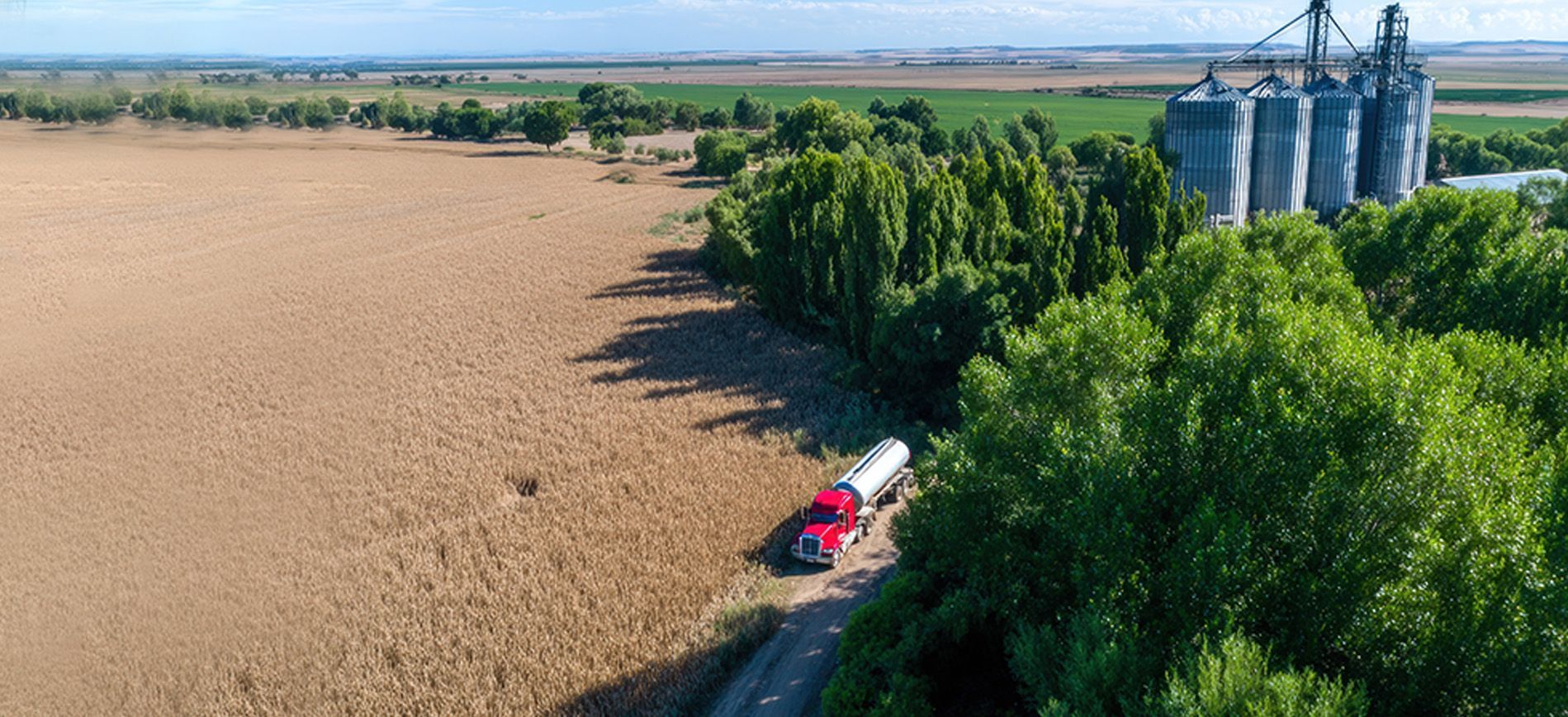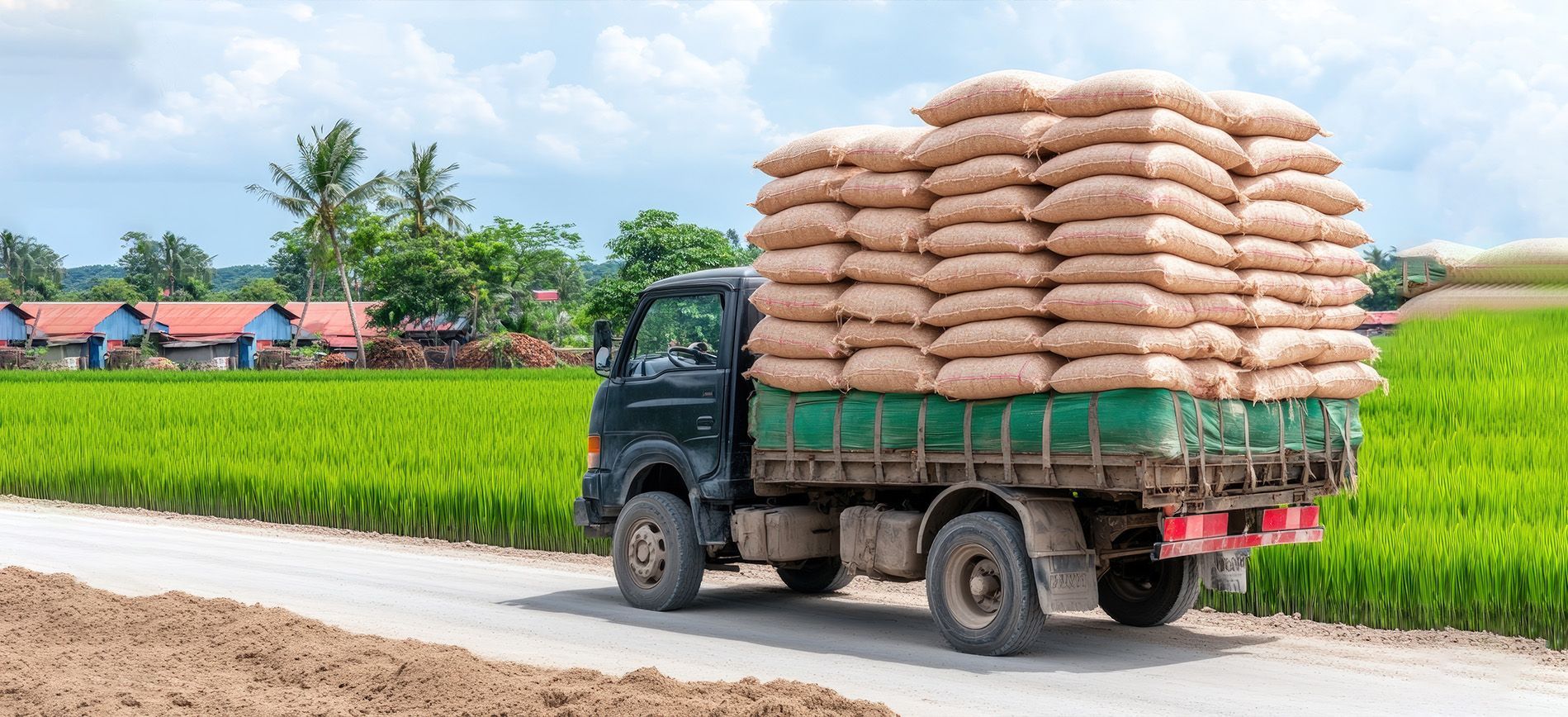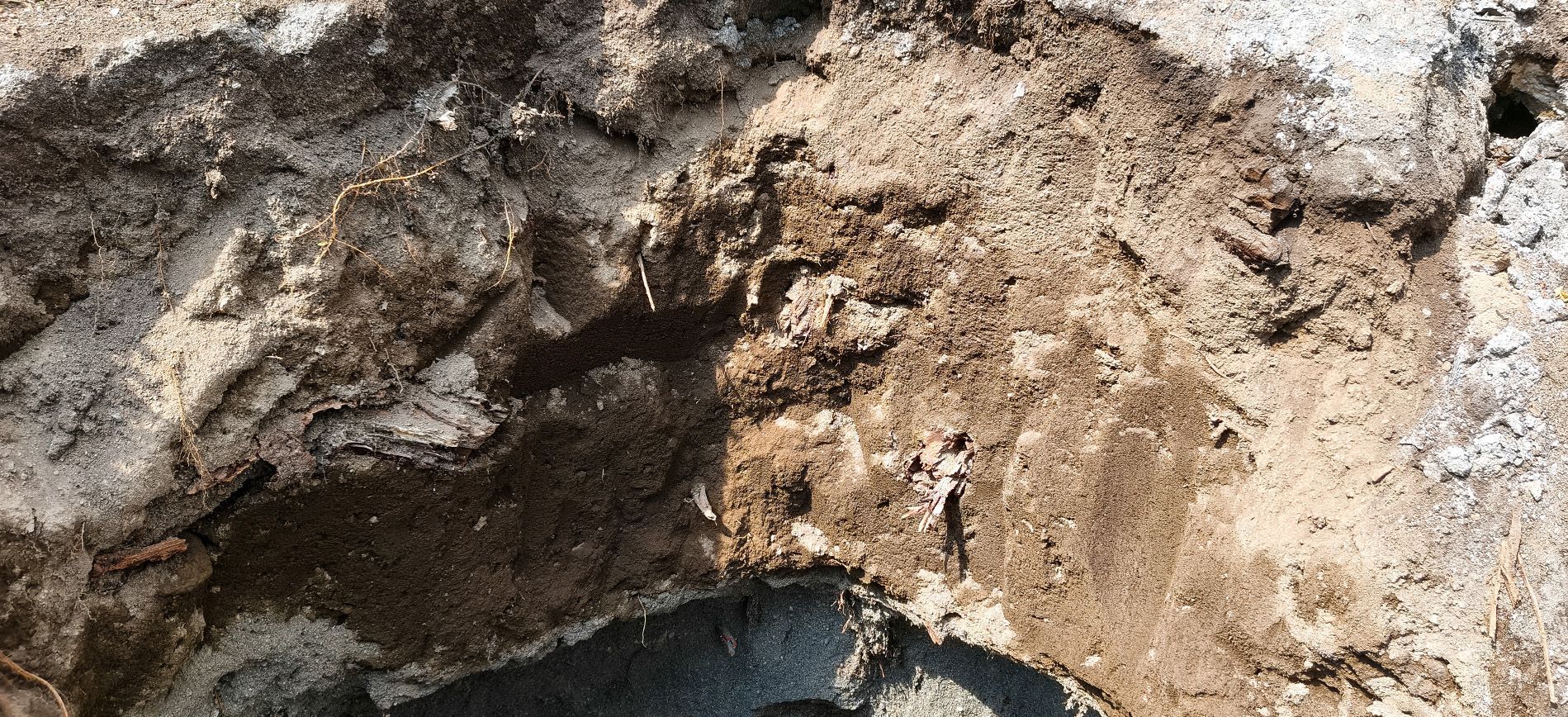The Role of LPG in Supporting Africa’s Rural Energy Needs
The Role of LPG in Supporting Africa’s Rural Energy Needs

Liquefied Petroleum Gas (LPG) is emerging as a practical, cleaner energy solution for rural communities across Africa. With growing concerns about deforestation and air quality, LPG presents an efficient and sustainable alternative to traditional biomass fuels. This blog explores the benefits of LPG for rural African households, its environmental impact, and strategies for increasing LPG adoption to support clean energy initiatives.
Why LPG is Essential for Rural Energy Transformation:
Traditional fuels like firewood and charcoal are commonly used in rural African households, contributing to indoor air pollution and deforestation. LPG offers a cleaner-burning solution that significantly reduces harmful emissions, improving both air quality and public health. Additionally, LPG’s high energy density allows households to cook and heat efficiently with less fuel, making it an attractive alternative for rural communities looking for sustainable options.
Environmental and Health Benefits of Switching to
LPG:
By replacing firewood and charcoal with LPG, rural communities help reduce deforestation, which is a critical issue in many African countries. The shift also minimizes household exposure to smoke and soot, which are linked to respiratory illnesses. LPG’s cleaner combustion process aligns with Africa’s environmental goals, supporting efforts to preserve natural resources while improving health outcomes in remote areas.
Strategies to Increase
LPG Adoption in Rural Africa:
Increasing LPG adoption in rural Africa requires investment in distribution infrastructure and education on safe usage. Partnerships between governments, NGOs, and private sectors can expand LPG distribution networks, making it accessible to even the most remote communities. Additionally, educational campaigns on the benefits and safe handling of LPG help to build community trust and encourage a gradual shift toward cleaner energy solutions.
Conclusion:
LPG stands as a transformative energy source for Africa’s rural communities, offering environmental, health, and economic benefits. As African nations work toward sustainable development, promoting LPG as a clean and accessible energy solution is key to reducing reliance on traditional fuels and enhancing the quality of life for millions across the continent.




